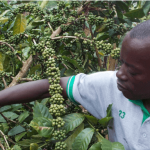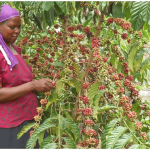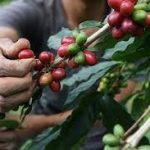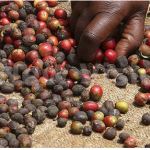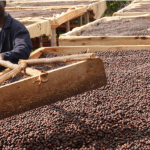The great majority of our farmers struggle to get the basic needs of food and shelter. If they have any excess produce for sale, the money earned is hardly enough to buy clothes, kerosene, and soap.
They are asked to develop a saving culture–saving money in a micro-finance institution or a bank. Yet for them saving is easier in material form than in cash form.
A cock is raised in a homestead and it is preserved for slaughtering when a visitor comes. A basket of beans or groundnuts may be stored for eating in the future. They seldom have cash to save in a bank.
They carry out farming on very small plots of land which get further subdivided among their children when the parents die. Their crop and animal management practices tend to be traditional and aimed at the bare survival of the crops and animals.
They are slow to adopt modern practices. They often don’t even have the cash to spend on such inputs as fertilisers or improved seed and animal breeds.
Even those who keep animals tend to graze them on public land or communally owned land where sufficient pasture and water are not guaranteed.
Instead of purchasing improved seed they save seed from the previous harvest of their low yielding breeds.
Poor animal and crop management results in low agricultural output and continuous poverty.
As we seek a solution to this unfortunate trend one consideration would be to educate the farmers about the need to control family size to avoid further risks of land fragmentation.
They should also be educated about the advantages of keeping improved animal stock and planting improved and clean seed.
They ought to understand that most of our traditional animals and crops tend to compare poorly with imported breeds of livestock and crop seeds prepared in our agricultural research stations.
They must also be helped to store large amounts of water for irrigation and for the animals to drink.
The majority of them, particularly the women, don’t own land and they constantly anticipate eviction. This kills their morale to take good care of the soil–an invaluable agricultural resource.
Become a Member Jobs & careers Contact Us
Translate here
© 2007 - 2024 Copyright National Union of Coffee Agribusinesses and Farm Enterprises (NUCAFE). Designed by Lwegatech.

